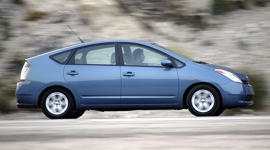Hybrids: they’re enchantingly economical cars that are partially electric, partially gasoline-powered, easy on fuel and capable of running in a magical EV mode using no gasoline. Among other benefits, hybrids help drivers across the country to save money on fuel and reduce their transportation-related carbon footprint.
Best of all, modern hybrids are better than ever – with less compromise to the driving experience, functionality and performance required to access silly-good mileage and reduced atmospheric impact. Today, the used-car market has more hybrid options than ever too.
If you’re considering purchasing a used hybrid car as your next ride, be sure to consider our top four pre-purchase checks, to help ensure you wind up with a first-class, second-hand hybrid ride that’s enjoyable for years to come.
Tip #1: Software Updates
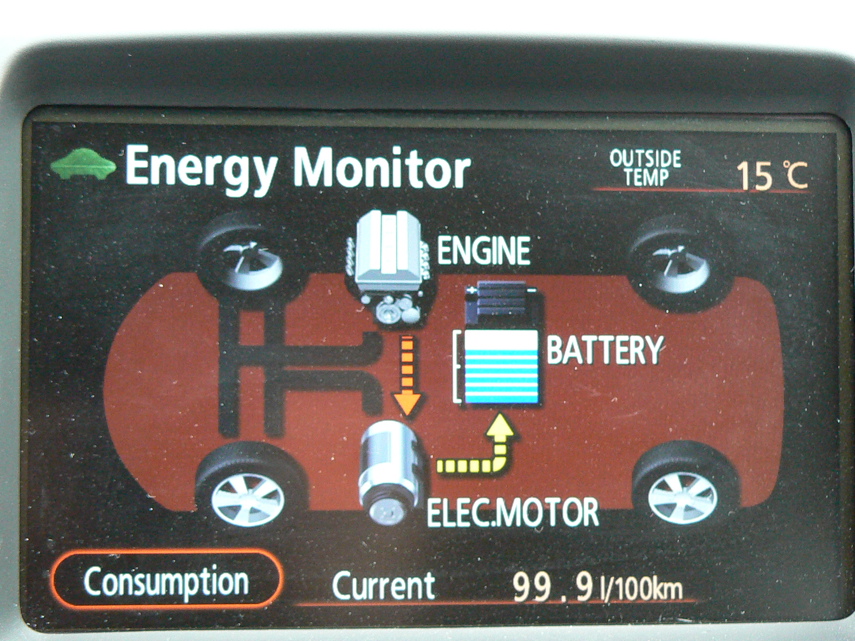
Software updates are common across newer cars in general, hybrid or otherwise. Usually, software updates are issued by a manufacturer to enhance the performance and functionality of various systems, to add or enhance various features, and to address potential latent problems or common complaints that come to light after the vehicle’s release to market.
In the context of a hybrid car, running the latest software updates can ensure proper performance from your hybrid car’s driveline, prevent unwanted battery drain, help your hybrid battery last longer, and even save fuel or increase performance, or both.
To check and see whether the hybrid car you’re considering has any outstanding software updates applicable, contact your local dealer with the vehicle’s VIN number. Software updates are often free, and can usually be installed with ease in a matter of minutes.
Tip 2: Charging System
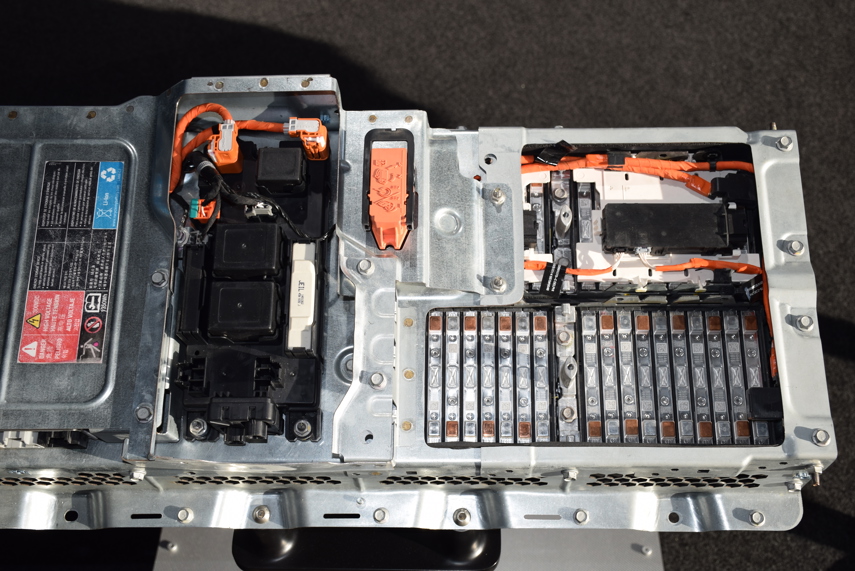
Hybrid vehicles have great big batteries that help drive the car and assist the gasoline engine, though with few exceptions, they also have a standard 12-volt charging system, including an alternator and battery, just like any other ride. And, just like any other ride, the spinning action of the alternator, which is driven by the engine, generates electrons that are used, partially, to recharge that smaller battery. Thing is, in a hybrid, that gasoline engine often turns off, sometimes for extended periods. As a result, many owners of hybrids, across numerous brands, have had issues with the charging system and standard 12-volt battery, most often caused by insufficient charging, due to the limited run-time of the gasoline engine – especially if the driving style sees frequent, shorter trips. The gist? Have a technician assess the health of your new-to-you hybrid vehicle’s battery and alternator, for maximum peace of mind.
Further, note that since the hybrid car’s standard 12-volt battery powers a whole range of systems and modules that are extra-fussy about having the precise amount of power to do their jobs, a weak battery can result in a list of annoying and frustrating electronic issues. Even if the 12-volt battery in the hybrid you’re considering is healthy, using a trickle-charger to keep it topped up when you’re not driving it for extended periods is a good idea.
Tip 3: Dealer Pre-Purchase Inspection
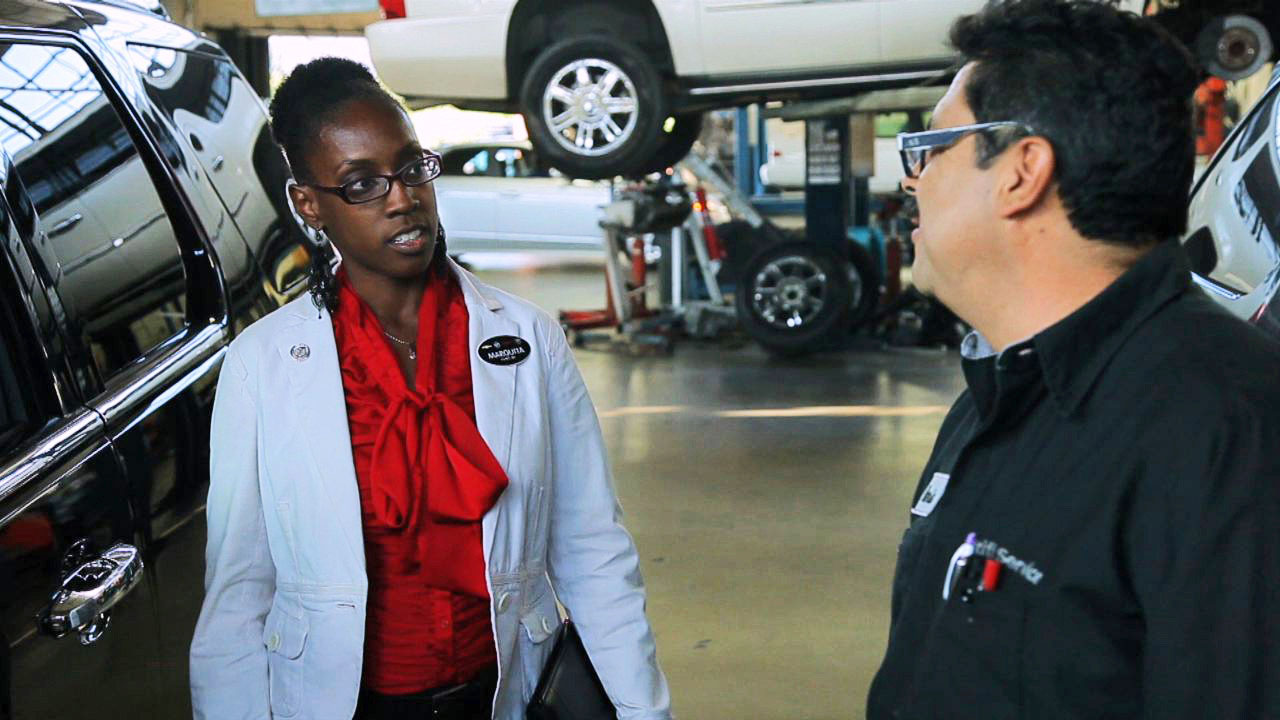
With most used cars, a pre-purchase inspection can be carried out at any shop, garage, or automotive service centre – dealer or otherwise. Thing is, a hybrid isn’t like most used cars, so that pre-purchase inspection should be carried out by a hybrid-trained tech at the vehicle’s dealership.
In short order, and on the cheap, a hybrid tech can check out the vehicle you’re considering as a last step before you purchase, looking for common trouble signs and testing or scanning all systems for proper functionality. The tech in question has likely inspected and repaired dozens of hybrids like the one you’re considering, and can quickly and efficiently identify any issues or concerns before you fork over your hard-earned cash to the seller.
Consider a dealer pre-purchase inspection of any used hybrid mandatory for full confidence.
Tip 4: Don’t Forget the Non-Hybrid Stuff
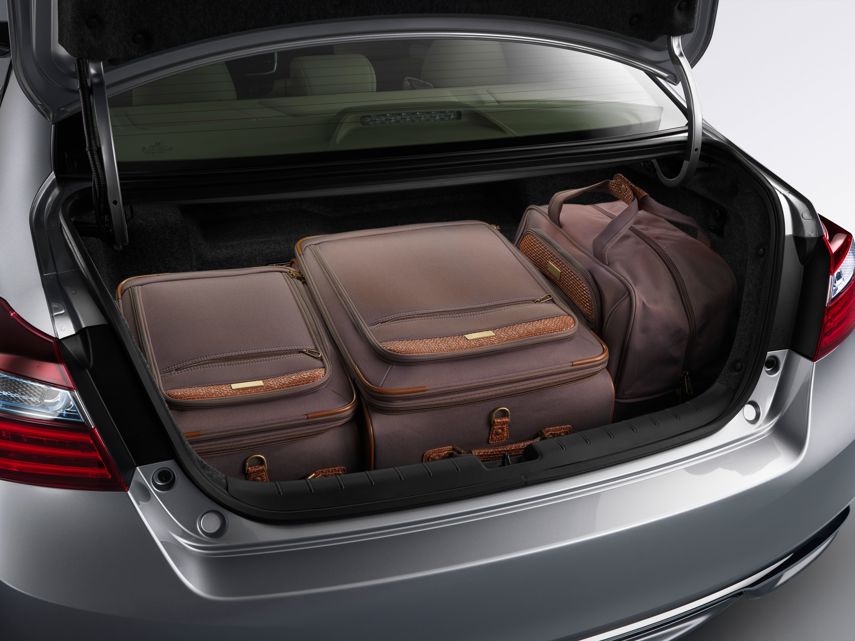
Hybrids are different from regular cars in some ways, but they’re exactly the same in many others. So, be sure to check all non-hybrid components and parts too. Hybrid cars have tires, brakes and suspension parts that can wear down and require attention, body panels that can rust, fluids that can leak, and electronic accessories that can act up or fail. They also still require semi-regular tune-ups, fluid-changes, and other maintenance.
Though having a technician check all hybrid-related components and systems is ideal for maximum peace of mind, shoppers are strongly advised to have all other vehicle systems, major parts, and functions inspected as well.
Finally, don’t forget to check that trunk and cargo flexibility is sufficient for your needs, as many older hybrids outside of the Toyota Prius have hybrid components that eat up varying chunks of cargo room.
